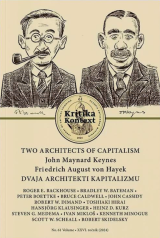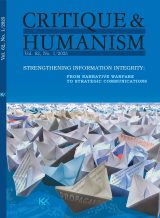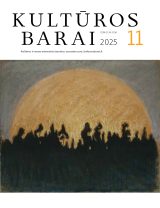Spinoza’s rationalist philosophy was central to the “radical” Enlightenment of late seventeenth century Europe and a century later had a decisive impact on the development of German Idealism. At the beginning of the twentieth century, his critique of revealed religion was the focus of heated discussions among Jewish thinkers; and in the 1960s Marxist philosophers, including Althusser, saw Spinoza’s understanding of the imagination as a forerunner to the concept of ideology. This strand of his thought was taken a step further by Hardt and Negri in their highly influential work Empire, while most recently António Damásio has argued that there are significant affinities between Spinoza’s psychology and contemporary discoveries in neurophysiology.In the following interview, leading Spinoza experts discuss the seventeenth-century philosopher’s relevance today.
Teodor Münz
is a Slovak philosopher. His works include From Fantasy to Reality and Humanistic Initiative of Feuerbach’s Philosophy and The Letters to Philosophers, and Quest for Reality (2008).
Articles
Old Europe
A look ahead to the twenty-first century
With rising life expectancy, stagnating working-age populations, and low birth rates, Europe faces a demographic challenge in the next fifty years the likes of which it has never known. For the economy, this will mean a shortage of local workers, a lack of skilled workers, and shifts in sectoral demand. One solution – to raise the age of retirement – presupposes a functioning labour market for older potential employees that in large parts of Europe does not exist. An overview of the problems of and solutions to an ageing Europe.



